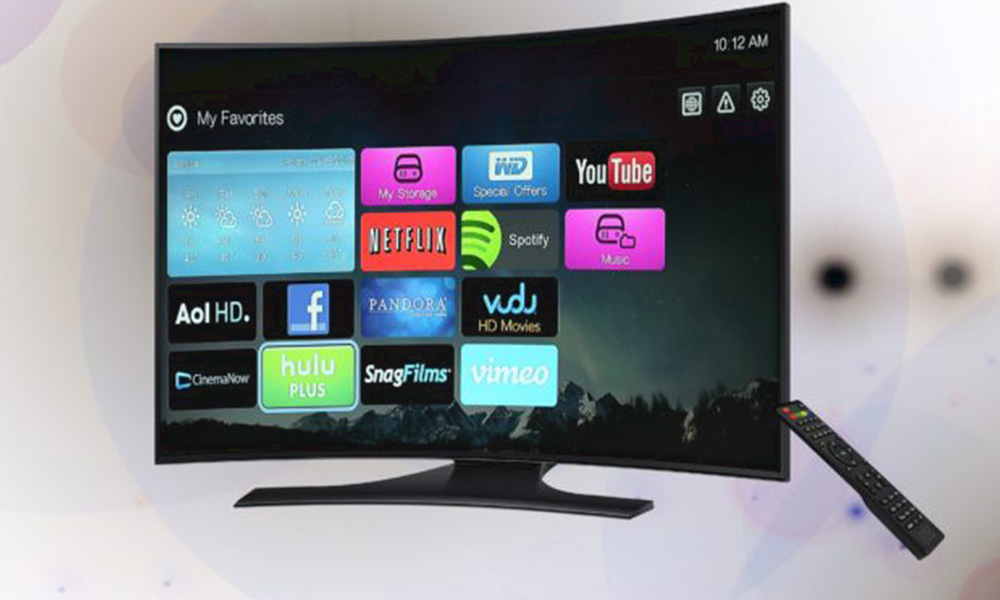The way people watch television and video content has changed dramatically in recent years. With so many streaming options available today, the terms IPTV and OTT often come up in discussions about modern entertainment.
While both offer internet-based content delivery, IPTV and OTT streaming are very different in how they operate, how content is delivered, and the viewing experience they provide.
Understanding these differences is essential for anyone considering switching from traditional TV or exploring new streaming services.
What Is IPTV?
IPTV (Internet Protocol Television) is a service that delivers television content through a private, dedicated network provided by your service provider. IPTV uses internet technology but operates differently from general internet streaming.
Lynx4K IPTV UK is typically offered by telecom companies or specialized IPTV providers. The content is streamed over a controlled, managed network which ensures stable delivery and better quality.
Examples of IPTV services include:
- Lynx4K IPTV
- Telco-provided IPTV services
- Regional IPTV providers
What Is OTT Streaming?
OTT (Over-the-Top) streaming refers to content that is delivered over the open internet without a dedicated or managed network. The content bypasses traditional broadcasting systems like cable or satellite.
OTT platforms allow users to access content using a standard internet connection without any specific service provider requirement.
Popular OTT services include:
- Netflix
- Amazon Prime Video
- Disney+
- YouTube
- Hulu
IPTV vs OTT Streaming: The Key Differences Explained
While both IPTV and OTT use internet protocols for delivering content, the technology, infrastructure, and user experience behind them are very different.
Here’s a detailed comparison of the most important differences:
1. Content Delivery Method
- IPTV uses a closed, dedicated network controlled by the service provider. This ensures consistent video quality and low buffering.
- OTT delivers content over the public internet, relying on your internet connection quality and speed.
2. Type of Content Offered
- IPTV primarily focuses on live TV channels, sports, news, and regional broadcasts, similar to traditional cable but via the internet.
- OTT platforms offer on-demand movies, TV shows, documentaries, and exclusive content libraries.
3. Device Compatibility
- IPTV requires specific apps or set-top boxes provided by the IPTV service. Some services offer apps compatible with Smart TVs, Android Boxes, Firestick, or mobile devices.
- OTT services work on almost any internet-connected device — smartphones, tablets, laptops, Smart TVs, and even gaming consoles.
4. Network Dependency
- IPTV performance depends on the controlled network provided by your IPTV service provider, resulting in fewer streaming interruptions.
- OTT depends on the public internet and may face issues like buffering or reduced video quality if the internet connection is unstable.
5. Cost Structure
- IPTV services usually charge monthly or yearly subscription fees, often based on the number of channels or package features.
- OTT services charge subscription fees for access to their content library, or some may be ad-supported with free access.
6. Viewing Experience
- IPTV offers a cable-like experience but with added flexibility — live TV, Video-on-Demand (VOD), and sometimes catch-up TV features.
- OTT platforms focus entirely on on-demand viewing with personalized recommendations and binge-watching features.
Pros and Cons of IPTV
Pros:
- Reliable live TV streaming
- Access to regional and international channels
- Higher video quality with managed networks
- Sports and news streaming advantage
Cons:
- Requires installation and setup of specific apps or devices
- Limited content library compared to OTT
- Dependent on service provider infrastructure
Pros and Cons of OTT Streaming
Pros:
- Huge on-demand content library
- Works on multiple devices without extra hardware
- Easy to start and cancel subscriptions
- Original shows and exclusive content
Cons:
- Live TV streaming is limited or absent
- Dependent on public internet quality
- Content availability varies by region
Which One Should You Choose: IPTV or OTT?
Your choice between IPTV and OTT should depend on your content preference and viewing habits.
Choose IPTV if:
- You prefer watching live TV channels, sports, and news regularly.
- You want a reliable streaming experience with minimal buffering.
- Regional channels are important to you.
Choose OTT if:
- You mostly watch on-demand movies and series.
- You want flexibility to watch content across various devices.
- You prefer original and exclusive shows not available on traditional TV.





